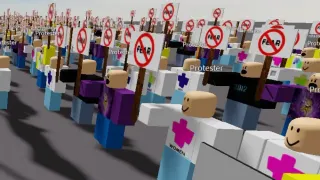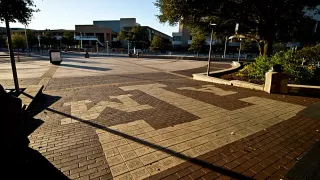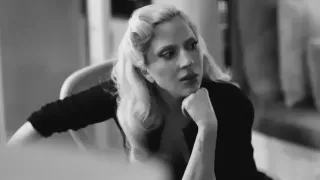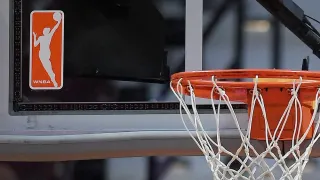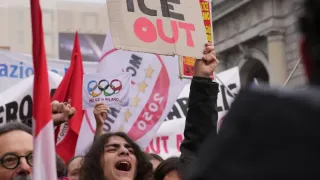August 29, 2020
Edmunds: Is It Time for a Plug-In Hybrid Vehicle?
Reese Counts of Edmunds READ TIME: 3 MIN.
Plug-in hybrid electric vehicles – typically abbreviated as PHEVs – make up a very small percentage of vehicle sales, but they can be a smart pick for a certain kind of shopper.
Consider this scenario: You want to buy a significantly more fuel-efficient vehicle than what you have now but can't fully commit to a pure electric vehicle such as a Tesla. Perhaps you're worried about long battery charging times or have range anxiety. What should you do? A PHEV could be the solution.
A PHEV is essentially a hybrid vehicle – think a Toyota Prius – with two key modifications: a larger-capacity battery pack and a charge port that allows you to recharge the battery with a power cord. A PHEV still has a gasoline engine but is able to go a short distance on pure electric power without ever using the engine. That distance is typically 20 to 40 miles, depending on the vehicle.
The gasoline engine takes over when the battery runs out, giving a PHEV the flexibility of any other gas-powered car to take long trips and fill up at gas stations. While plug-in hybrids aren't as efficient as electric vehicles, they do use less gas than their traditional gas or hybrid counterparts.
Buying a PHEV isn't without downsides. They tend to cost more than traditional hybrid vehicles, even when you take local and federal tax incentives into account. And models that are based on existing gasoline-powered cars typically lose some utility or cargo space because of the larger battery pack.
Still, PHEVs can make sense for people who typically have short daily commutes and have the ability to plug in overnight at home. The more frequently you can recharge your PHEV, the more fuel-efficient it will be.
Here are three of Edmunds editors' favorite plug-in hybrids. Note that the prices below include destination charges but don't factor in available federal or state tax credits or incentives, which can potentially save you thousands of dollars.
2020 CHRYSLER PACIFICA HYBRID
Starting MSRP: $41,490
EPA-estimated electric range: 32 miles
EPA gas engine estimate: 30 mpg combined
The name for the Pacifica Hybrid is a little misleading. It's a PHEV, and there isn't a regular hybrid version. Beyond that, it takes everything Edmunds likes about the regular Pacifica – a premium-looking and well-designed interior, a comfortable ride and great utility – and adds an estimated 32 miles of all-electric range. No other PHEV offers as much space for people and cargo as the Pacifica. The plug-in hybrid powertrain is smoother than the standard Pacifica's and offers better fuel economy, even after the battery runs out of juice.
The top-rated Pacifica Hybrid isn't perfect, however. It doesn't have the regular Pacifica's versatile Stow 'n Go second-row seats that fold flat into the floor because Chrysler's designers needed space for the hybrid battery. And when the gasoline engine is running, the hybrid is mildly louder than the standard model.
2021 TOYOTA RAV4 PRIME
Starting MSRP: $39,275
EPA-estimated electric range: 42 miles
EPA gas engine estimate: 38 mpg combined
The Toyota RAV4 Prime sits just below the Pacifica Hybrid in Edmunds rankings. The Prime designation means a plug-in hybrid powertrain. It offers an estimated 42 miles of electric-only range, among the best in the class. All-wheel drive is standard, which can give you extra traction on snowy or icy roads. The Prime is comfortable and practical, just like a regular RAV4. It's also surprisingly quick to accelerate.
This electrified RAV4 does have slightly less cargo space compared to the regular RAV4 Hybrid because the battery pack takes up more room. Its brakes provide longer-than-average stopping distances too. And as with every vehicle on this list, expect to pay a premium for the efficiency.
2020 VOLVO XC60 T8
Starting MSRP: $55,590
EPA-estimated electric range: 19 miles
EPA gas engine estimate: 27 mpg combined
The Volvo XC60 is worth a look if you're in the market for something a little more upscale. The standard XC60 is one of Edmunds' top-ranked small luxury SUVs, and the plug-in hybrid, which Volvo calls the T8, is near the top of its respective list. It has a premium cabin, spacious seating, and long list of safety tech and driver aids. The T8 gets 19 miles of electric range and better fuel economy and better performance than the standard model.
Downsides are few. We think too many of the XC60?s controls are tied into the slick-looking but somewhat cumbersome touchscreen, and Volvo hasn't quite sorted out how to smoothly tune the brakes, though emergency braking performance is fine for the class.
EDMUNDS SAYS: A PHEV isn't quite a "best of both worlds" solution to having to choose between a conventional gasoline-powered vehicle or an electric vehicle. But it's close.
___
This story was provided to The Associated Press by the automotive website Edmunds.
Reese Counts is a vehicle test editor at Edmunds. Twitter: @rmcounts.
